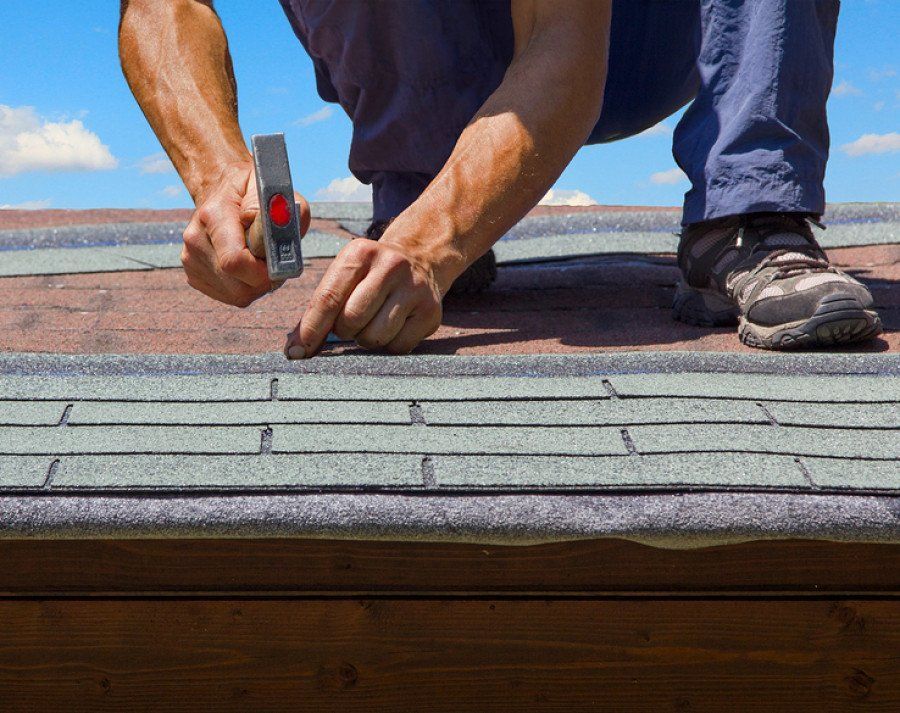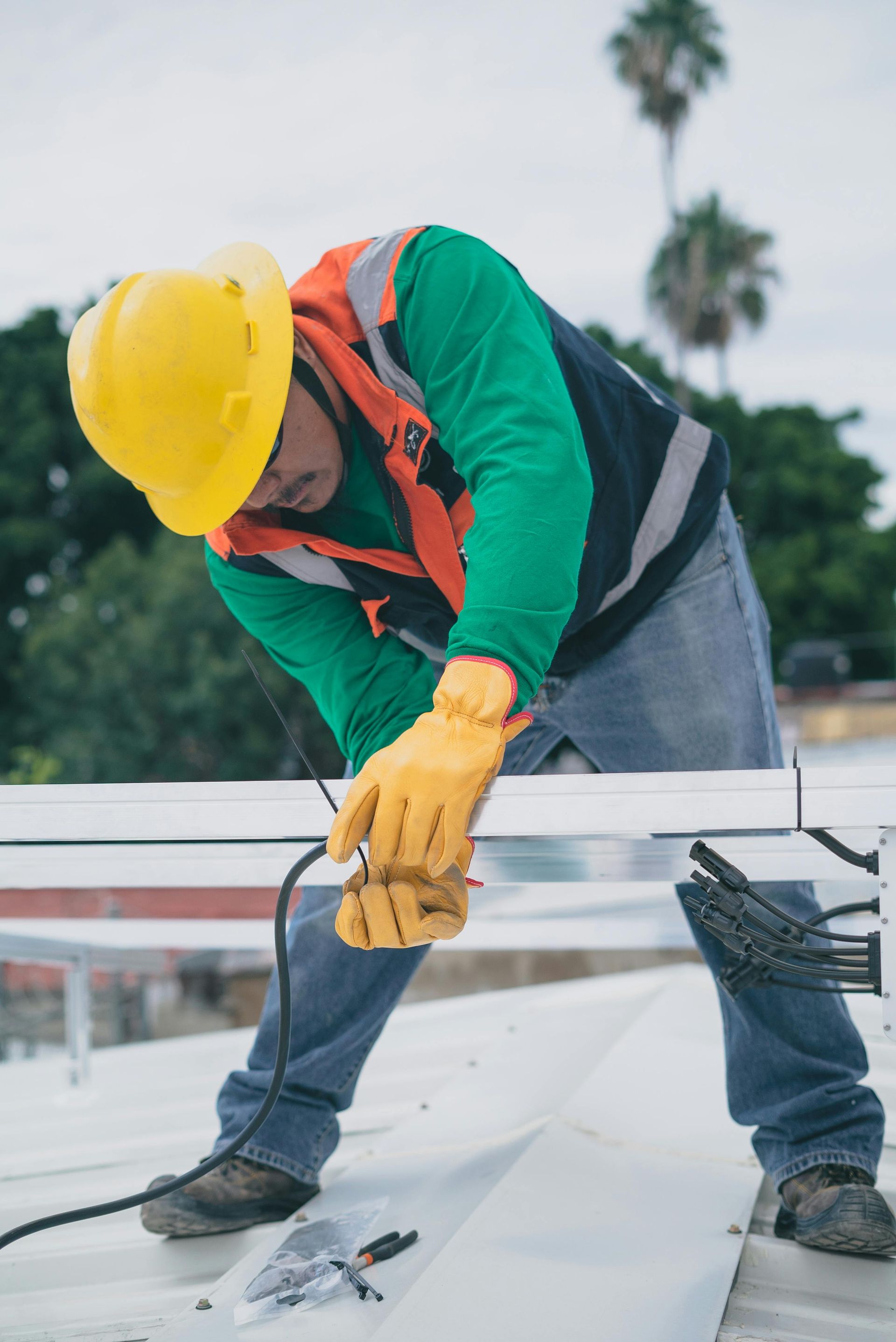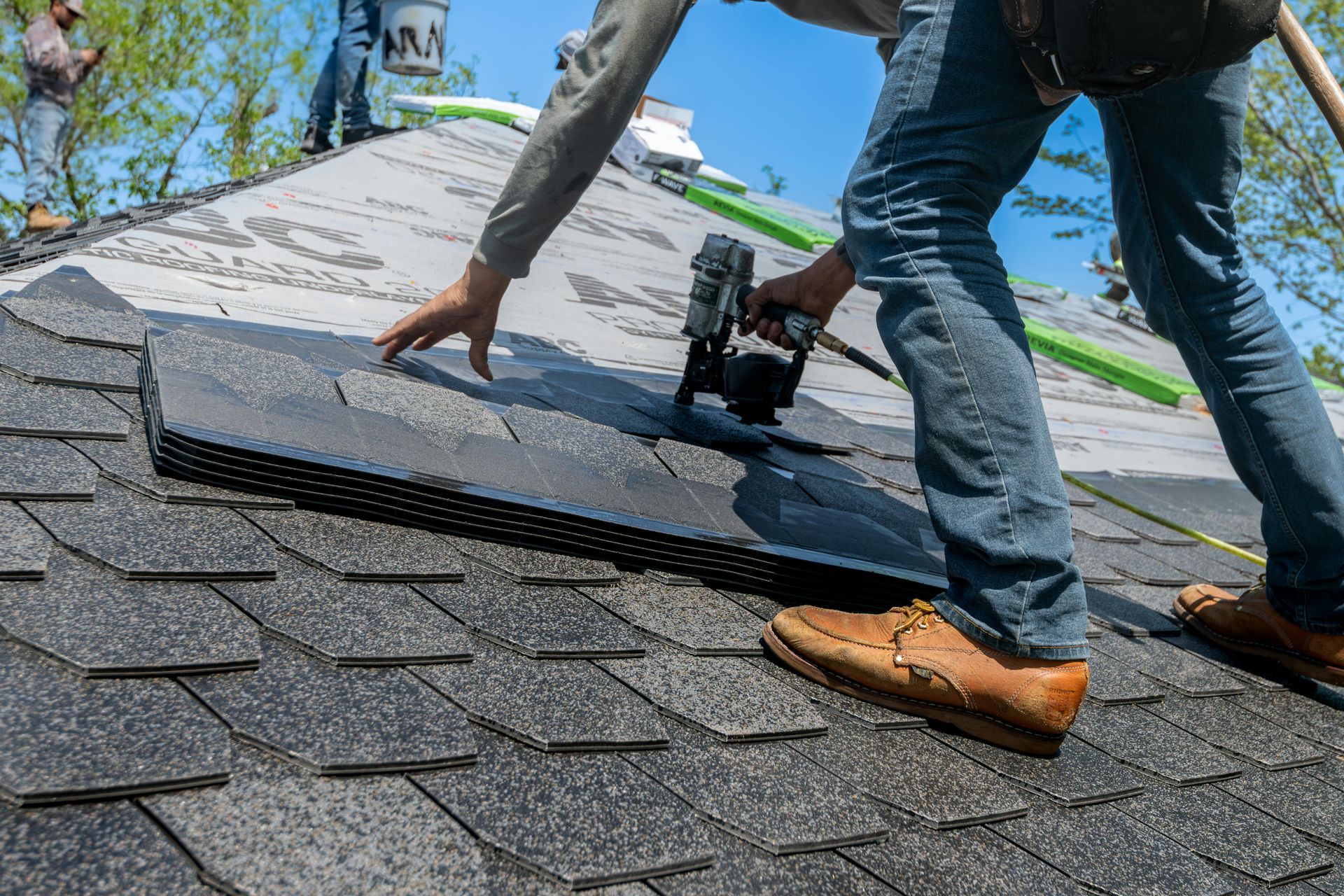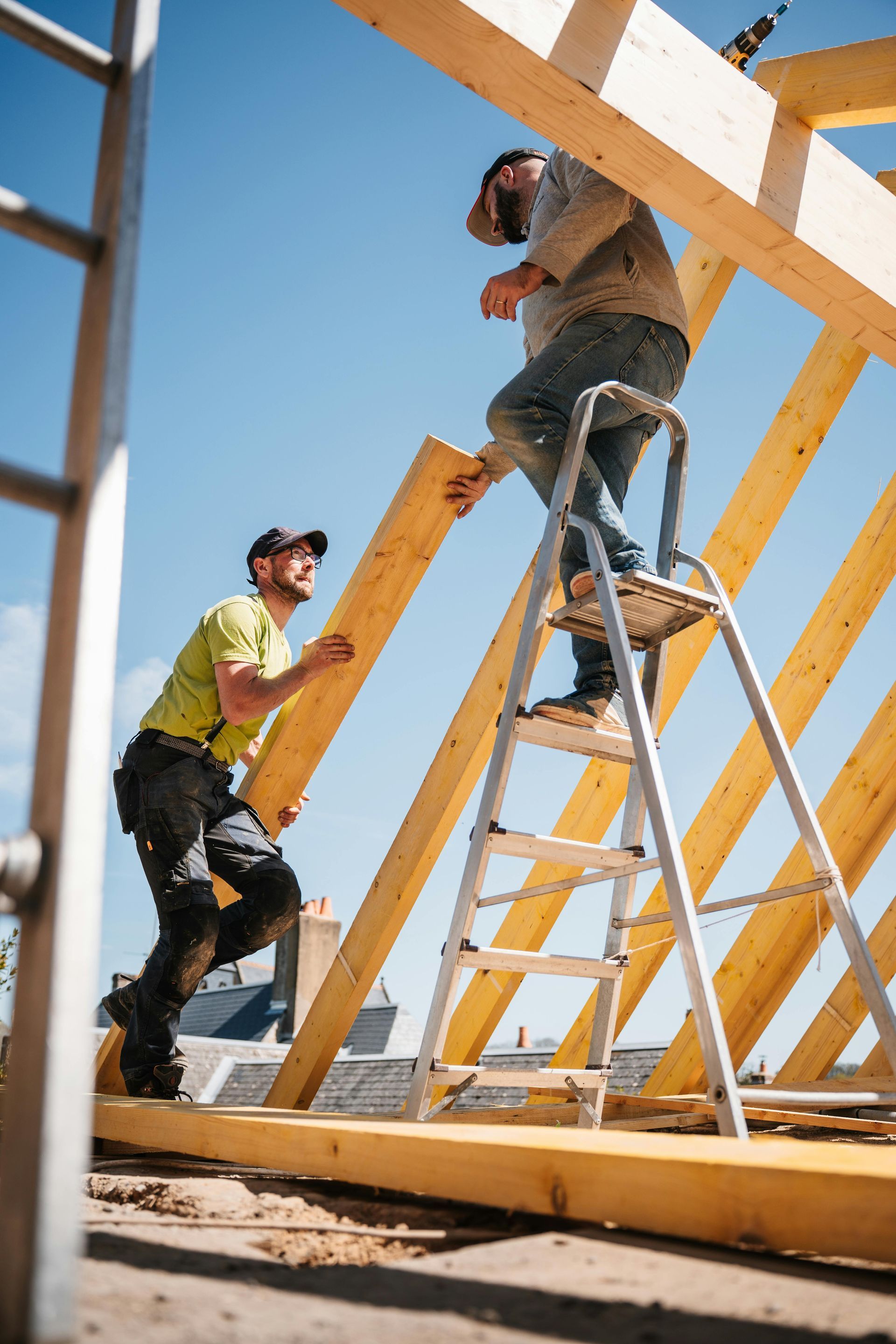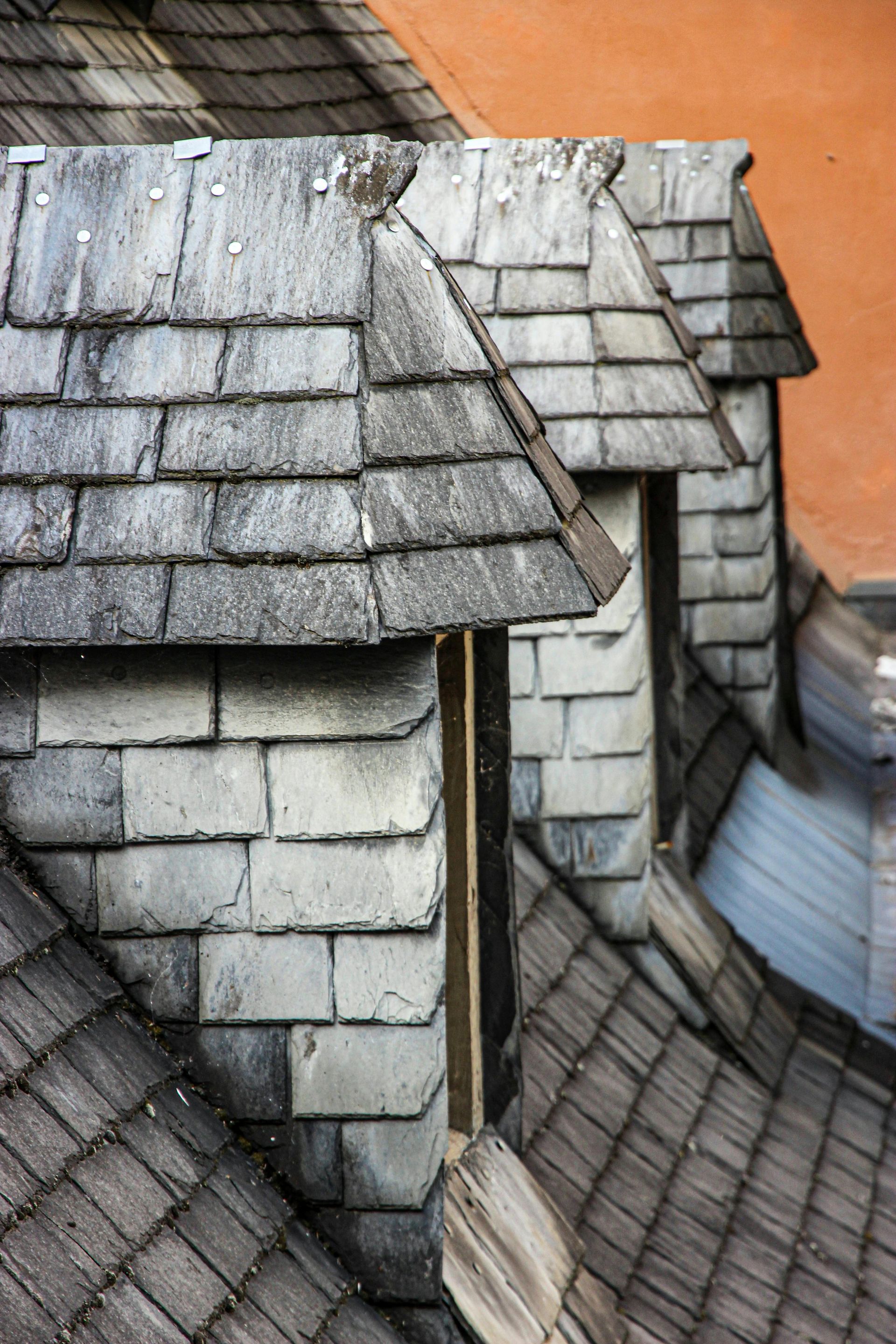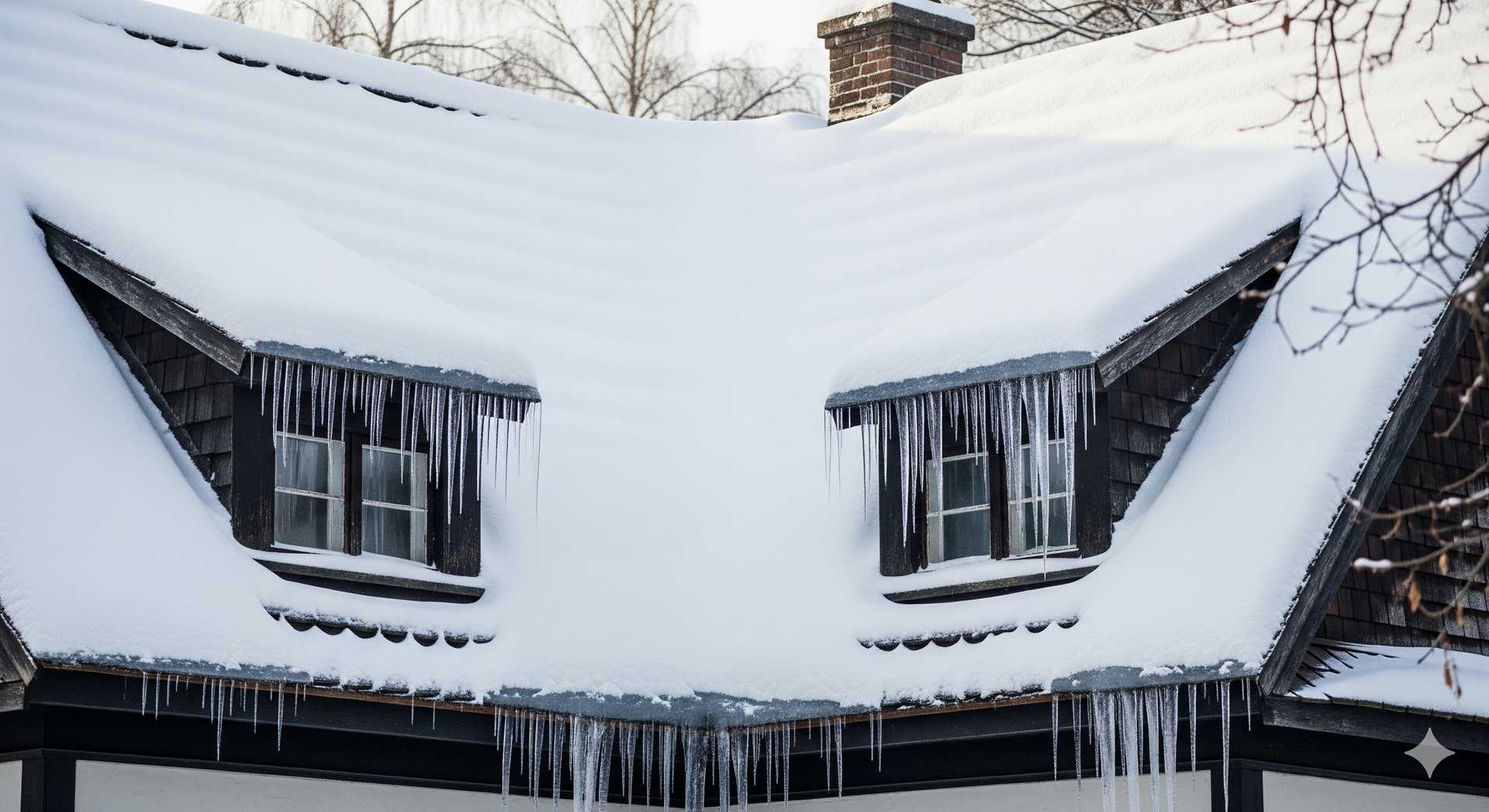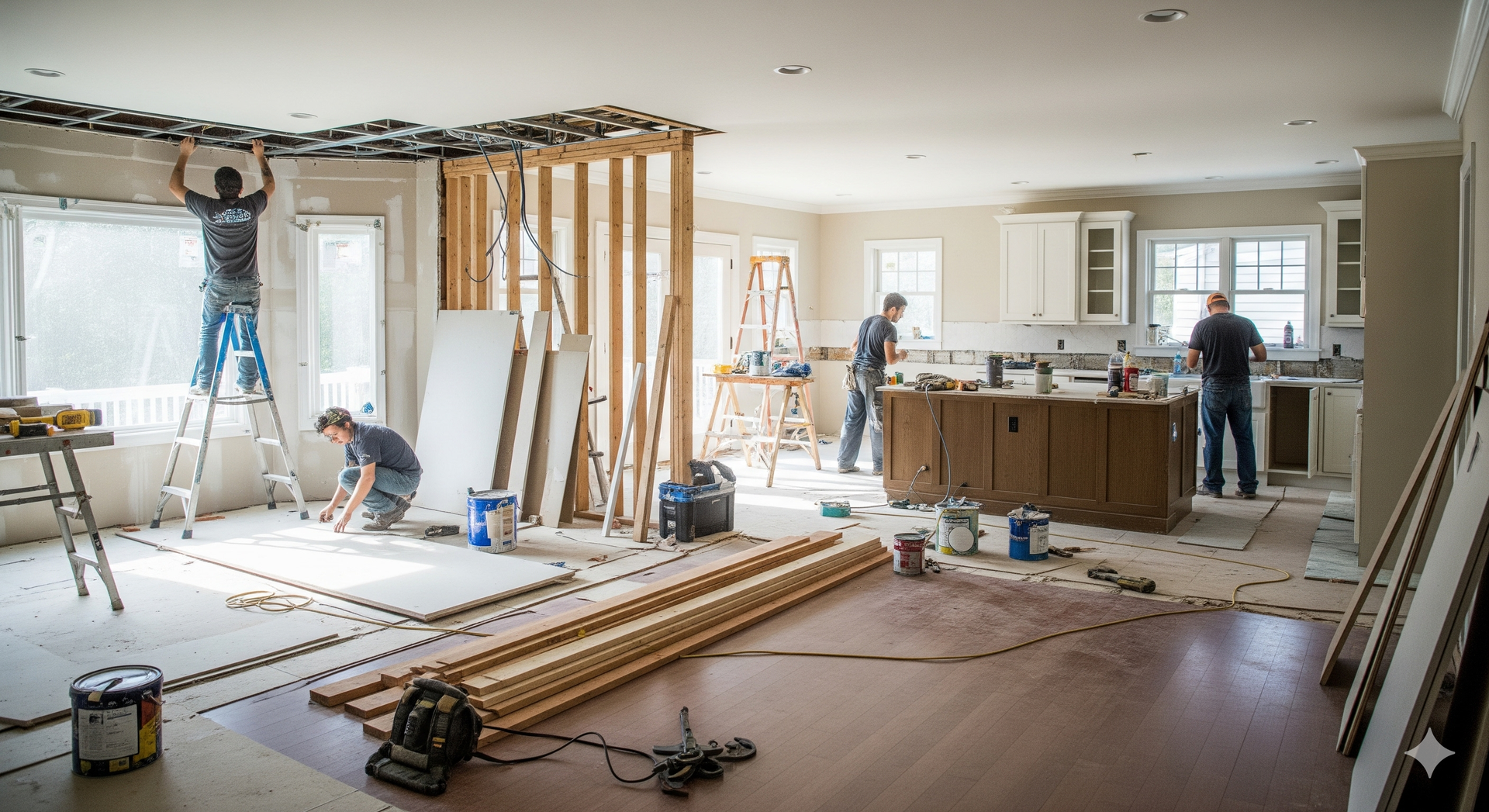Key Signs Your Home Exterior Needs Immediate Attention
Your home’s exterior is its first line of defense against the elements, and it plays a critical role in maintaining structural integrity, energy efficiency, and curb appeal. Over time, exposure to weather, wear, and neglect can cause significant damage that, if ignored, may lead to costly repairs. Recognizing the key signs that your exterior home services in Finleyville are needed can save you time, money, and stress. In some cases, more comprehensive interior and exterior renovations in Finleyville may be the best solution to restore your property and prevent future issues. This article explores the most common indicators of exterior damage, why they matter, and practical steps to address them.
Key Takeaways
- Cracks in walls or foundations can signal structural issues that require prompt inspection.
- Peeling or fading paint may indicate moisture infiltration or material deterioration.
- Damaged roofing materials can lead to leaks and interior damage if not addressed quickly.
- Clogged or damaged gutters can cause water pooling and foundation problems.
- Mold or mildew growth suggests poor ventilation or water seepage that needs immediate care.
- Warped or rotting siding can compromise insulation and invite pests into your home.
Cracks in Walls or Foundation
Cracks in your home’s exterior walls or foundation are among the most serious signs that immediate attention is needed. Small hairline cracks may appear due to natural settling, but larger, jagged, or expanding cracks could indicate deeper structural issues. Horizontal cracks in the foundation, for example, might suggest pressure from soil movement or water damage.
If you notice cracks wider than a quarter-inch or those that continue to grow, it’s time to act. These can allow water to seep into your home, weakening the structure and potentially causing interior damage. Seasonal changes, such as freeze-thaw cycles, can exacerbate cracks, making early detection critical.
What to do: Inspect cracks regularly and note their size and progression. For minor cracks, a sealant may suffice, but larger issues require a professional assessment to evaluate the foundation’s stability.
Peeling or Fading Paint
Paint serves as more than just an aesthetic feature; it protects your home’s exterior surfaces from moisture, UV rays, and temperature fluctuations. When paint begins to peel, crack, or fade significantly, it’s a sign that the protective barrier is failing. This can expose wood, siding, or masonry to moisture, leading to rot, mold, or further deterioration.
Peeling paint often indicates trapped moisture beneath the surface, which could stem from poor ventilation, leaks, or improper sealing during the last paint job. Fading, while less urgent, suggests that the paint’s protective qualities are diminishing, leaving your home vulnerable.
What to do: Scrape away loose paint and clean the surface to assess the extent of the damage. Repainting with high-quality, weather-resistant paint can restore protection, but addressing underlying moisture issues is essential to prevent recurrence.
Damaged or Missing Roofing Materials
Your roof takes the brunt of environmental exposure, from heavy rain to scorching sun. Missing shingles, cracked tiles, or worn-out flashing are clear signs that your roof needs attention. Even small gaps can allow water to penetrate, leading to leaks, mold growth, or damage to your home’s interior.
Granules from asphalt shingles accumulating in gutters or on the ground are another red flag, indicating that the shingles are deteriorating and losing their protective coating. During storms, damaged roofing can worsen quickly, so addressing issues promptly is crucial.
What to do: Conduct a visual inspection from the ground or hire a professional for a closer look. Replace missing or damaged shingles and repair flashing around chimneys or vents. For widespread damage, a full roof replacement may be necessary. Knowing the best time of year to replace a roof can help you plan ahead and avoid weather-related delays.
| Roofing Issue | Potential Cause | Action Required |
|---|---|---|
| Missing shingles | High winds, aging | Replace shingles |
| Cracked tiles | Impact, weathering | Repair or replace |
| Granule loss | Material breakdown | Inspect roof age |
| Damaged flashing | Corrosion, poor seal | Repair or reseal |
Clogged or Damaged Gutters
Gutters direct rainwater away from your home, protecting the foundation, walls, and landscaping. Clogged gutters filled with leaves, debris, or ice can cause water to overflow, pooling around the foundation or seeping into walls. Damaged gutters, such as those with holes, rust, or loose sections, can exacerbate these issues.
Overflowing water can erode soil, damage siding, or even flood basements. In colder climates, ice dams from clogged gutters can cause water to back up under shingles, leading to roof leaks.
What to do: Clean gutters at least twice a year, especially in fall and spring. Repair or replace damaged sections to ensure proper water flow. Installing gutter guards can reduce future clogs and maintenance needs.
Mold or Mildew Growth
Mold or mildew on your home’s exterior, particularly on siding, brick, or stucco, is a warning sign of excessive moisture. These growths thrive in damp, poorly ventilated areas and can spread quickly if not addressed. Beyond aesthetics, mold can weaken materials and pose health risks if it spreads indoors.
Common causes include poor drainage, shaded areas with limited airflow, or leaks from roofs or pipes. Green, black, or white patches on exterior surfaces are telltale signs that moisture is not properly managed.
What to do: Clean affected areas with a mild bleach solution or specialized cleaner. Identify and fix the source of moisture, such as improving drainage or trimming overhanging trees to increase sunlight exposure.
Warped or Rotting Siding
Siding protects your home from weather and pests while contributing to insulation. Warped, buckling, or rotting siding indicates moisture infiltration or poor installation. Wooden siding is particularly prone to rot if not properly sealed, while vinyl or aluminum siding may warp due to heat or impact.
Damaged siding can reduce energy efficiency, allow water to enter walls, and attract pests like termites or carpenter ants. If left unchecked, the damage can spread to the underlying structure, leading to costly repairs.
What to do: Replace damaged siding panels and ensure proper sealing. For widespread issues, consider upgrading to more durable materials like fiber cement or vinyl that resist moisture and wear. Exploring the top benefits of metal roofs may also be a smart long-term investment when planning exterior upgrades.
Faded or Cracked Window Frames
Windows and their frames are often overlooked but are critical to your home’s exterior health. Faded, cracked, or rotting window frames can compromise energy efficiency and allow water to seep into walls. Wooden frames are especially susceptible to rot if not regularly maintained, while metal frames may corrode over time.
Cracks in caulking or sealant around windows can also lead to drafts and water infiltration. These issues not only affect your home’s appearance but can also increase heating and cooling costs.
What to do: Inspect window frames and caulking annually. Replace damaged frames and reapply sealant as needed. For older windows, consider upgrading to energy-efficient models to improve insulation.
Frequently Asked Questions
How often should I inspect my home’s exterior?
Inspect your home’s exterior at least twice a year, ideally in spring and fall, to catch issues before they worsen. After major storms, perform a quick check for visible damage.
Can I fix exterior damage myself, or should I hire a professional?
Minor issues like cleaning gutters or repainting can often be DIY projects, but structural problems, such as foundation cracks or roof repairs, typically require professional expertise to ensure safety and quality.
What’s the cost of ignoring exterior damage?
Ignoring damage can lead to costly repairs, such as fixing water-damaged interiors, replacing entire roofs, or addressing foundation issues. Early intervention is usually more affordable.
How can I prevent mold growth on my home’s exterior?
Improve drainage, ensure proper ventilation, and trim vegetation to increase sunlight exposure. Regular cleaning and sealing surfaces also help prevent mold.
Are there eco-friendly options for repairing exterior damage?
Yes, consider using sustainable materials like reclaimed wood, low-VOC paints, or recycled siding. Energy-efficient windows and roofing can also reduce environmental impact.
Final Thoughts
Your home’s exterior is its shield against the elements, and staying vigilant about its condition is essential for long-term protection. By regularly inspecting for signs like cracks, peeling paint, damaged roofing, clogged gutters, mold, and warped siding, you can catch problems early and avoid expensive repairs. Taking prompt action, whether through DIY maintenance or
professional home improvement services, ensures your home remains safe, efficient, and visually appealing. If you notice significant roof issues, exploring expert
roofing home improvement projects can help restore both function and curb appeal. Make exterior checks a seasonal habit, and your home will thank you with years of durability and comfort.

